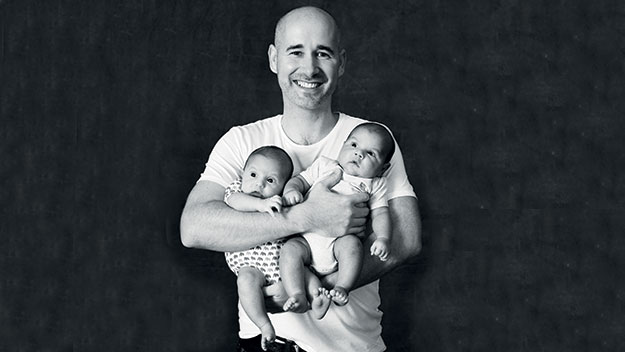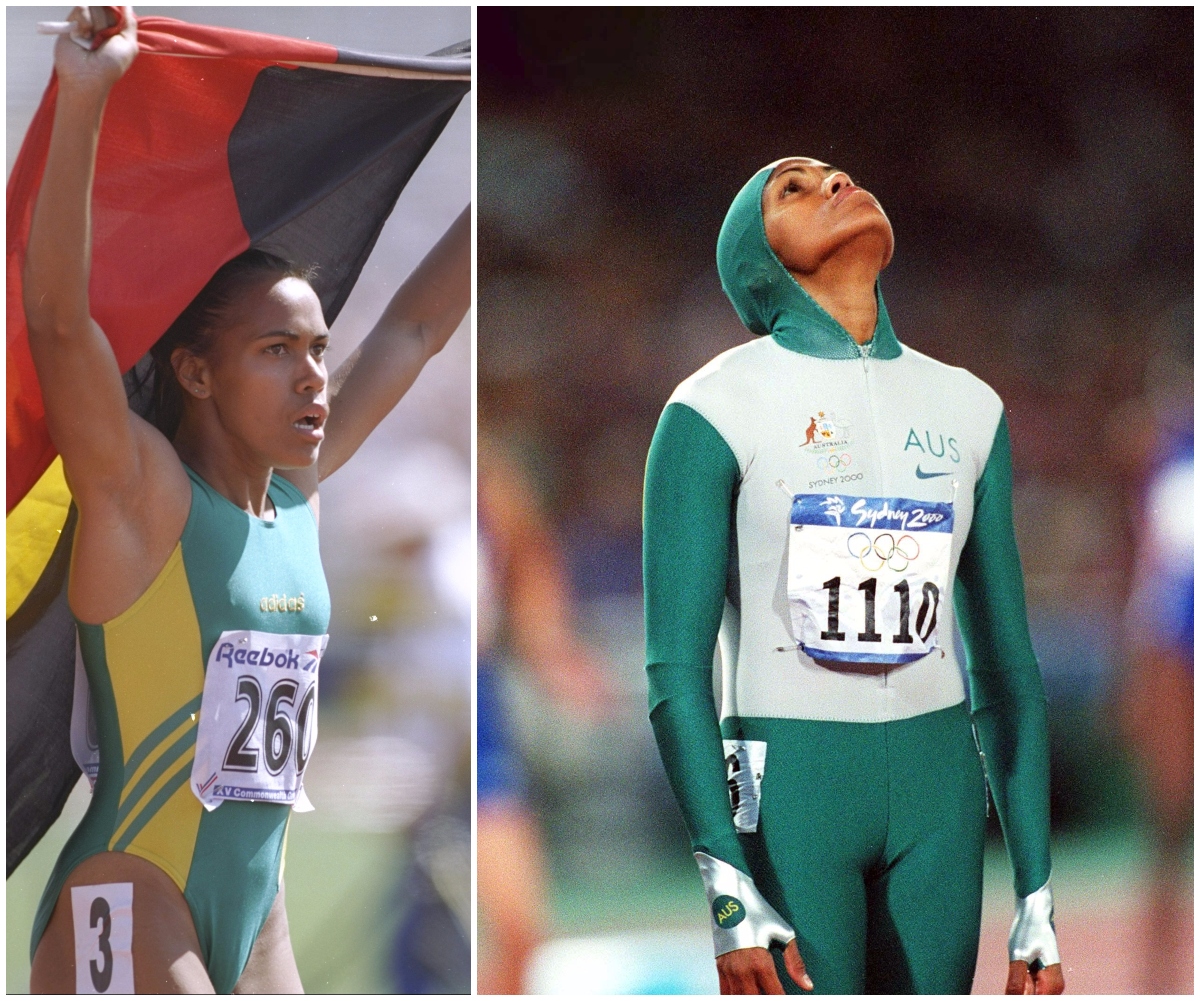Advances in fertility science have left Australian laws struggling to keep up with a quiet revolution that’s taking place in the suburbs. In this, the first of a series of articles on the lengths Australian are going to to have children, Emily Brooks meets Adrian, the gay father of “twiblings” born on the same day to two different Indian surrogate mothers.
When April runs up to her dad in a few years’ time, tugging on his leg shouting, “But he started it!”, she won’t be pointing the finger at her brother, or her twin, but her “twibling”.
April and Charlie, two of Perth’s newest residents, were born an hour apart in New Delhi, on February 27 this year, from the wombs of two different women. Neither of the women who gave birth to April and Charlie is their genetic mother. And like their deliveries, their conception was complicated, far removed from the simplicities of the suburbia in which they now live.
To understand exactly how convoluted was their conception, it’s important to break it down. Their genetic mother, an anonymous Indian egg donor, was chosen from more than 150 egg donor profiles emailed from Surrogacy Centre India to Adrian, their gay father in Perth. The donor – who has her own child – had never donated eggs to the clinic before, so April and Charlie currently only have one half-sibling they will never meet, though this number could increase.
After starting hormonal treatment at the clinic in New Delhi and donating more than 10 eggs, the donor received a payment of around $500. Adrian, the twiblings’ biological father, flew to the clinic to sign contracts, meet selected surrogates and donate three sperm samples, on Monday, Wednesday and Friday. The collected donor eggs were then fertilised and, three days later, two embryos were individually inseminated into the uterine walls of two Indian surrogates, Reena and Bhago. The surrogates received the first instalment of their total payment of around $6000 and continued their stay at the clinic (they were living in the clinic’s accommodation prior to the insemination for hormone treatment and monitoring).
Adrian flew home to Perth days later, where he waited for two weeks before receiving the email announcing both surrogates were pregnant.
For the next 12 weeks, he received fortnightly email updates on the progress of the pregnancies and, after that, monthly updates. At the 38-week mark, Adrian travelled back to New Delhi to be close by when the newborns arrived. He hoped they would share a birthday. Staff at the clinic were aware of this and after Reena’s contractions had lasted 15 hours, the doctors induced Bhago’s labour.
Neither of the labours went to plan and, despite Reena’s desire to give birth naturally, the two surrogates had emergency caesareans (the clinic won’t reveal the reasons why, but say they always obtain consent from the surrogate before operating).
A few weeks after giving birth to Charlie, Reena returned home to tend to her husband and two children, and Bhago went home to resume the raising of her only child and care for her husband. Both women received the final instalment of their payment, plus an extra payment of approximately $1000 each for enduring a caesarean. By then, April and Charlie had already flown back to Perth.
The prospect of the twiblings meeting the three women who brought them into the world is unlikely. Yet their Indian middle names, Semanti and Dev, will keep the knowledge of their heritage alive. At least, this is Adrian’s hope.
Read more of this story in the July issue of The Australian Women’s Weekly.




.jpg)







